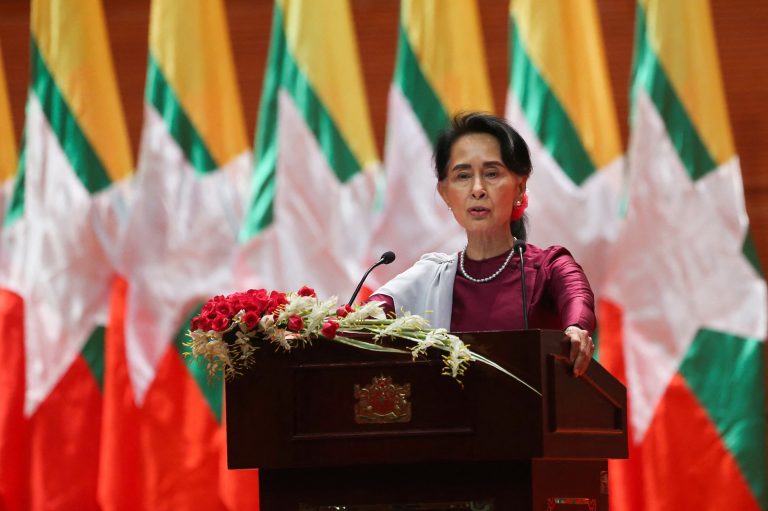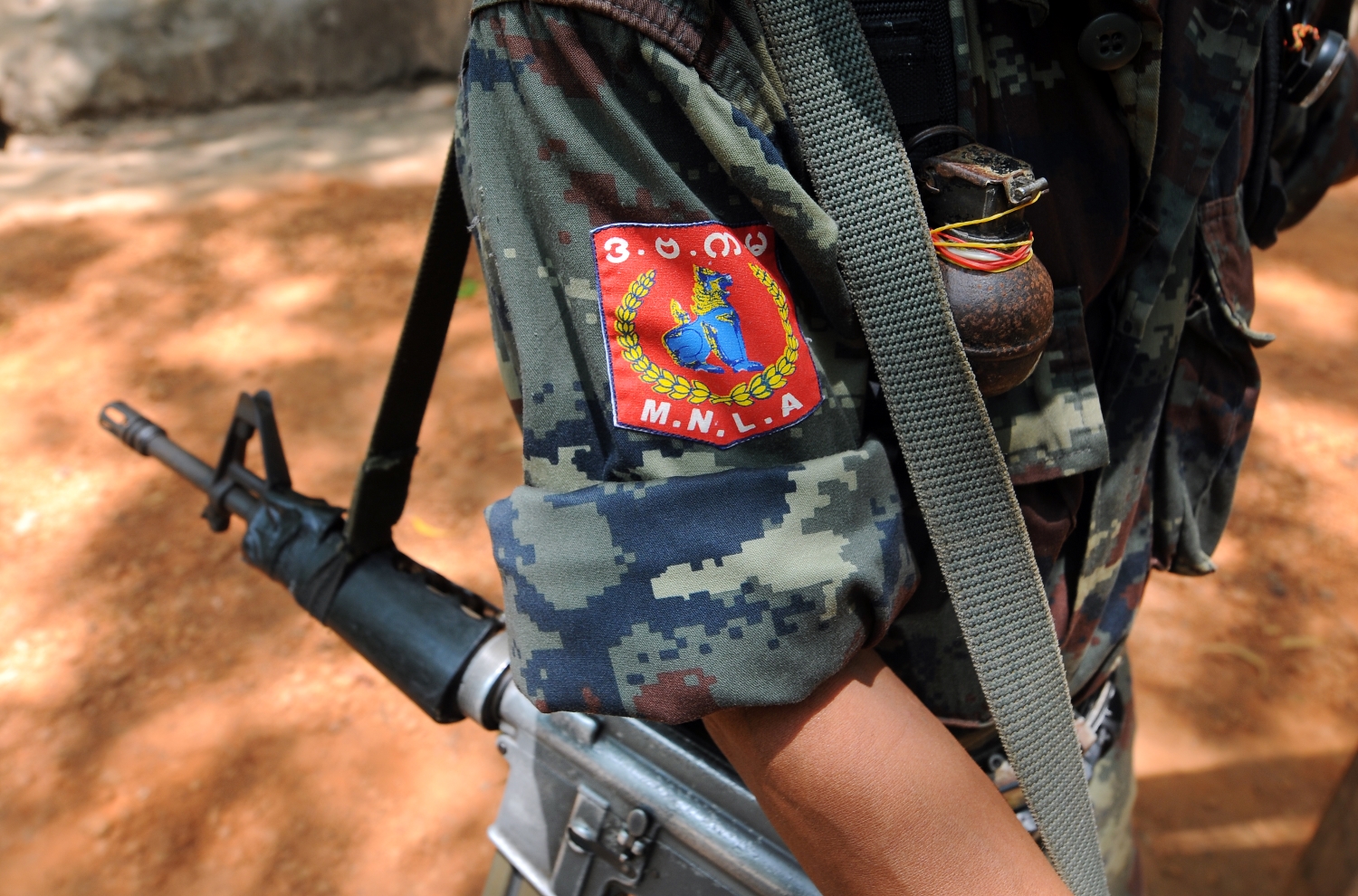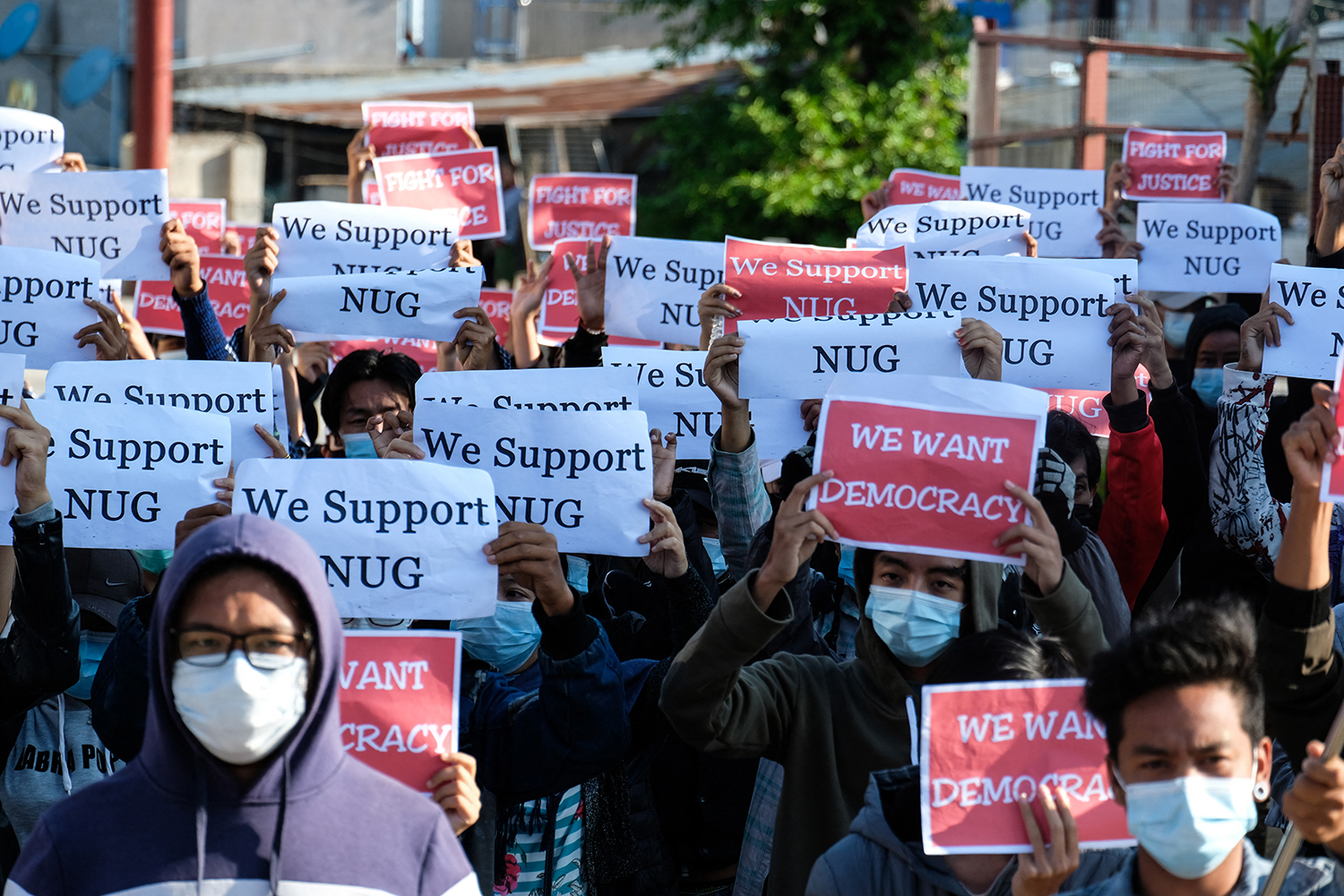The November 8 ballot may not be free and fair, despite the best efforts of the Union Election Commission and civil society groups.
With campaigning in the forthcoming polls only a month or so away, analysts and activists agree on one thing: it is going to be a dirty election.
The Union Election Commission will do its utmost to ensure a clean vote on November 8, but the odds are stacked against it.
The nature of Myanmar society, the inexperience of voters and the intensity of the fight will mitigate against the UEC’s best intentions. It will be far from a truly free and fair election. Although it won’t be anything like the sham election in 2010, the danger signs are there.
“It will be free and fair in the urban areas only,” said political commentator and former political prisoner Dr Yan Myo Thein. “In the rural areas, fear, ignorance and apathy will make them easy prey for manipulation,” he said.
It is civil society that can be the ‘peoples’ watchdog’ and help limit any infractions. Civil society groups are already taking a leading role in trying to ensure that voter lists are as accurate as possible. “The voter lists are seriously flawed,” said Dr Kyaw Thu, director of Paung Ku, a civil society capacity building initiative. “The UEC cannot be blamed,” Dr Kyaw Thu said. “There are legitimate, technical problems, and civil society is working hard to help rectify this – without the prejudices of the political parties,” he said.
Support more independent journalism like this. Sign up to be a Frontier member.
However, some diplomats fear that the flawed voter lists are part of a ploy to give the ruling Union Solidarity and Development Party an advantage on polling day. While the pro-democracy parties are pre-occupied with correcting the lists, they are losing valuable time to select candidates, prepare election policies and plan campaign strategies, said a western diplomat who was speaking on condition of anonymity.
The main concern of civil society groups is voter education.
“Many voters don’t know what to do when they get into the voting booths; some cannot even read,” said Ma Zin Mar Oo, general secretary of the Myanmar Network Organization for Free and Fair Elections, which has launched a concerted effort to educate voters – without telling them who to vote for.
Civil society activists have produced visually attractive materials that encourage voters to participate in the election and explain how to mark ballot papers. Dr Kyaw Thu said the people trust civil society groups because they are independent, unlike the UEC. The civil society voter education campaigns should be broadcast on state radio and TV, he said, but as yet the government was disinclined to support such a move.
During 2010 general election, most villagers had no idea how to vote, said a resident of an outer Yangon township who spoke on condition of anonymity. “The local USDP officials helped them to fill in their ballot papers,” he said. Voter education is crucial if this practice is not to be repeated.
More importantly, independent Myanmar election monitors will be needed in remote rural areas and the “controversial constituencies”, said civil society activist, U Myo Win, the executive director of the Smile Education and Development Foundation. He suggested that international monitors be deployed in urban constituencies, including Mandalay, Nay Pyi Taw and Yangon, and that Myanmar monitors should concentrate on rural and remote areas.
Clearly, the popular tide is supporting Daw Aung San Suu Kyi and her National League for Democracy throughout much of the country. But the USDP MPs with whom I have spoken remain confident of victory. In Chin State, voters are being told to support USDP candidates if they want development projects, said Ma Cheery Zahau, a Chin activist and election candidate for the Chin Progressive Party.
Activists are concerned that similar inducements – which must be contrary to UEC regulations – are being offered throughout the country, especially in less-educated rural communities.
“In the rural areas the village administrator is like the headman, and
most rural people will follow his instructions,” said Dr Yan Myo Thein. There will be “quiet manipulation”, said Dr Kyaw Thu, referring to the use of government staff to influence voters, as happened in the 2010 election.
The difference this year is that election monitors will have official approval. Many will be from Myanmar civil society groups. Dr Kyaw Thu said a lack of resources, training and coordination will severely hamper their best efforts to make this election as free and fair as possible.






